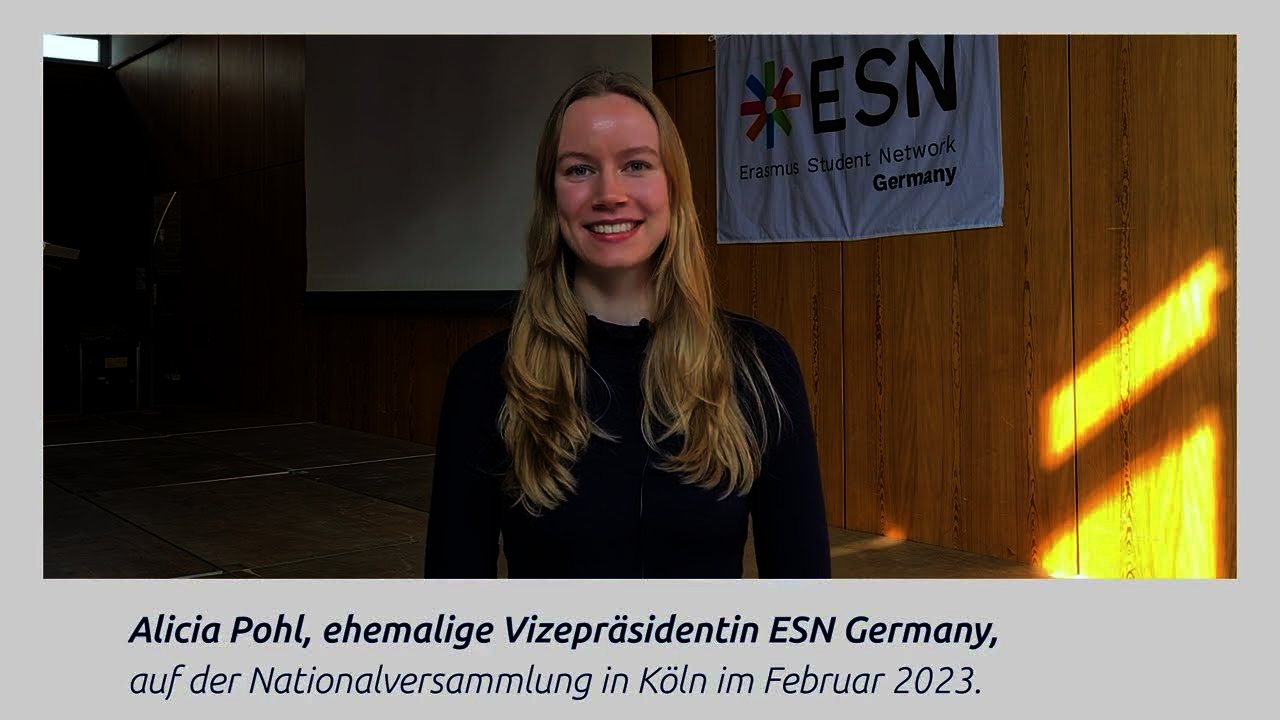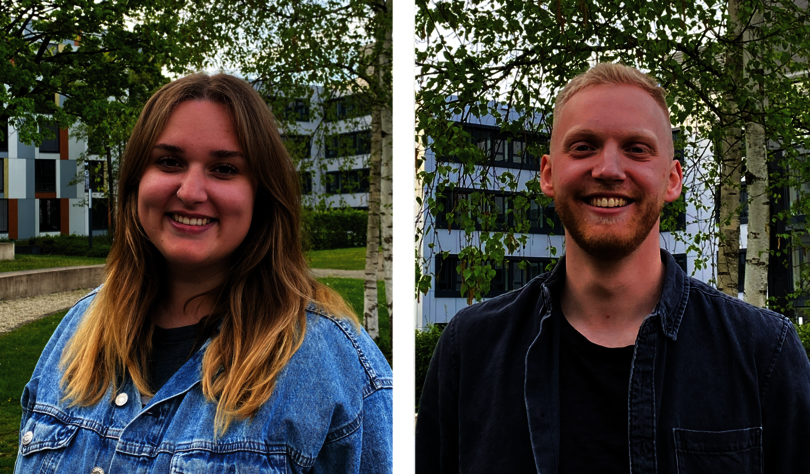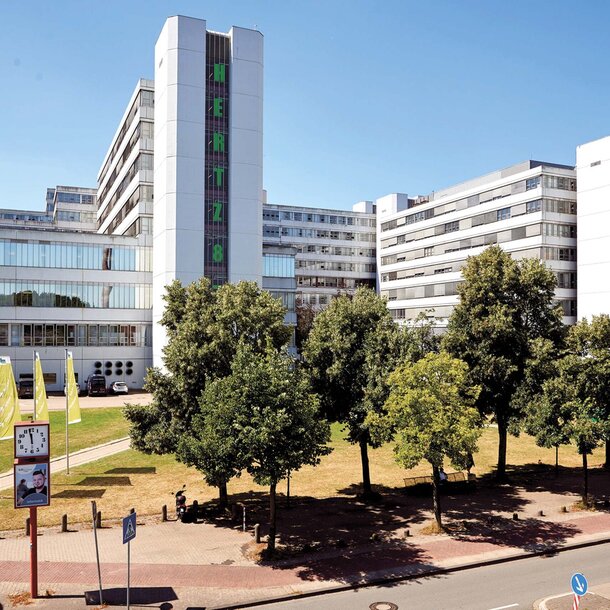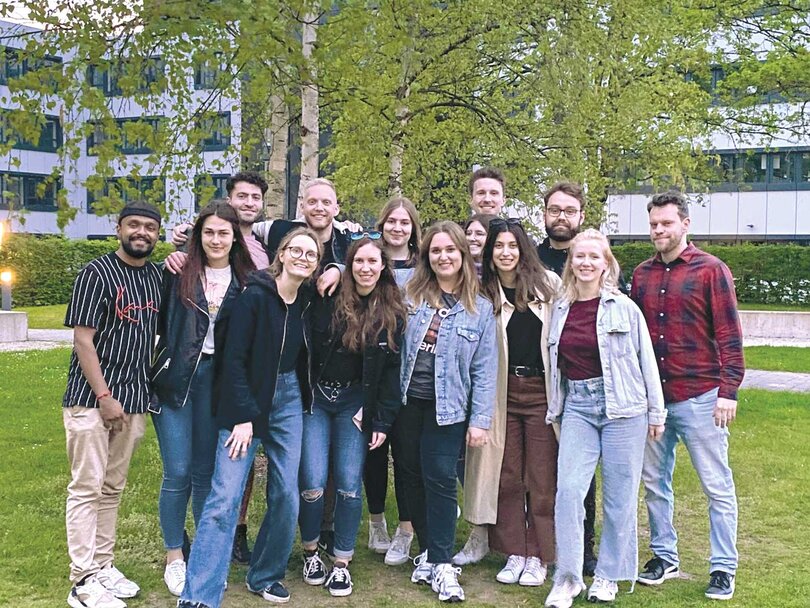
Impetus from International Office
One thing is important for Markus Symmank, Head of International Office (IO) at Bielefeld University: that student engagement at the University is strong, especially in the international field. An example of this is the International Student Council (ISR), an international student representative group, which works with the University administration and the General Students’ Committee (AStA) and supports the interests and needs of international students.IO has also always provided mobility-related support services which are connected with the University and local citizens through the Local Erasmus+ Initiative (LEI) and ViSiB (Association to Support International Students in Bielefeld).
«There is definitely room for improvement, however, when it comes to establishing institutional and organisational links between the different activities for students who visit us here or spend time abroad, the incoming and outgoing students,» explains Symmank. «One obvious option was the Erasmus Student Network (ESN), which is not yet represented here in the Ostwestfalen-Lippe region. It has the professionalism, resources and networking opportunities that would help us develop and open up completely new options.» Henrik Sundermann, «a young colleague at International Office, who is interested in this field», followed up on the idea.
![[Translate to English:] Foto von Angelika Epple](/fileadmin/_processed_/9/f/csm_Angelika-Epple_2140e8f6c3.jpg)


